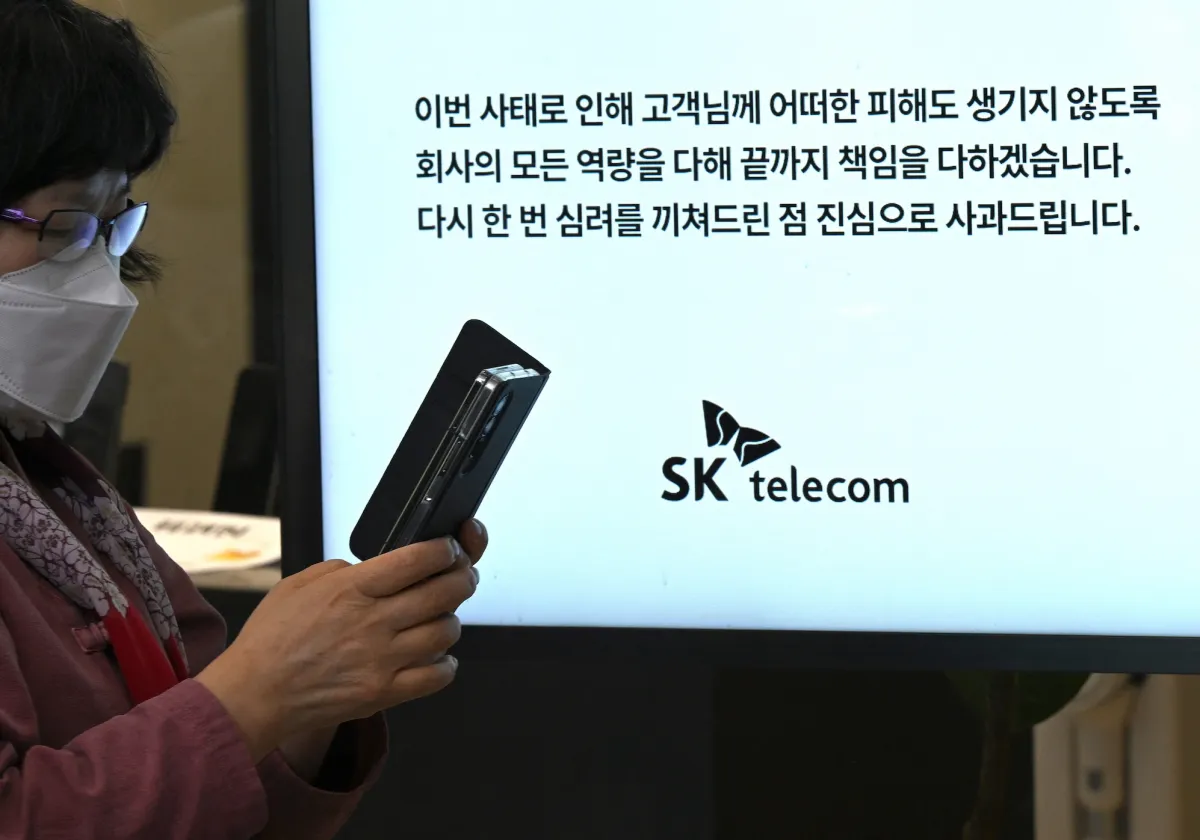South Korea’s cyber defense capabilities are facing renewed scrutiny after a wave of major data breaches exposed millions of citizens’ records and critical infrastructure data over the past year. A TechCrunch investigation found that the country has experienced at least one significant cyberattack every month in 2025, raising serious concerns about its national digital resilience.
Escalating Pattern of Breaches
The frequency of incidents paints a troubling picture. Since January, attacks have struck public institutions, telecom companies, defense contractors, and municipal networks. Most recently, the Ministry of Education confirmed a breach compromising more than 2 million student and faculty records, following a similar attack on Korea Hydro & Nuclear Power earlier this summer.
Analysts say the attacks are “not random,” but part of a systematic targeting campaign exploiting weak segmentation between public-sector networks and government data-sharing systems.
Researchers from Seoul National University’s Center for Cyber Policy noted that legacy authentication systems and outdated cryptographic standards still underpin many of South Korea’s public networks. Despite frequent audits, modernization lags behind neighboring Japan and Singapore.
The Policy Gap Behind the Problem
South Korea’s digital infrastructure expansion particularly in smart cities, public Wi-Fi, and connected transport has outpaced its cyber defense reforms. While the government increased its cybersecurity budget by 40% in 2024, implementation remains fragmented across ministries.
Experts argue that this structure leaves responsibility diffused. The Ministry of Science and ICT oversees national strategy, but provincial governments manage local infrastructure. As a result, policies often stop at the federal level without reaching local execution.
The country’s Cyber Operations Command, established after the 2011 defense intrusions, remains primarily military in scope. Civilian networks, including hospitals and education systems, operate under less stringent security frameworks.
A Structural Weakness
According to cybersecurity professionals in Seoul, the recent breaches reveal more than technical lapses they expose organizational and cultural vulnerabilities.
[Insert internal link: article on public-sector cyber governance challenges]
In interviews, incident responders cited limited public-private intelligence sharing, slow patch cycles, and heavy reliance on foreign security vendors. These issues create asymmetric dependencies that can be exploited by advanced persistent threat (APT) groups.
Notably, several attacks have been attributed to North Korean state-sponsored units, including Lazarus Group, which continues to conduct espionage and cryptocurrency theft operations across Asia.
Government Response and Future Strategy
Following the TechCrunch report, the South Korean government vowed to accelerate reforms. The Ministry of Interior announced new measures to enforce mandatory security baselines for all public agencies, including penetration testing and supply-chain audits.
Officials also proposed establishing a National Cyber Coordination Center, modeled after Singapore’s Cyber Security Agency, to unify intelligence, response, and education. However, industry observers warn that the plan remains in the consultation phase and lacks implementation timelines.
Meanwhile, small and mid-sized organizations continue to struggle with compliance, facing both budget constraints and talent shortages. Cyber training pipelines have not expanded at the same pace as threat activity, leaving a persistent skills gap in critical defense roles.
South Korea’s experience underscores that cybersecurity maturity is not just about budget it’s about cohesive governance and technical execution.
Countries that expand digital infrastructure without synchronized defense policy will remain vulnerable to cascading attacks. Therefore, South Korea’s current wave of incidents offers a crucial warning for other rapidly digitizing economies: modernization without unification breeds exposure.
FAQs
Q: How frequent are cyberattacks on South Korea in 2025?
A: At least one major breach per month has been publicly reported this year, affecting both government and private sectors.
Q: What are the main causes behind these breaches?
A: Outdated encryption standards, slow patching cycles, and fragmented governance between ministries contribute to ongoing vulnerabilities.
Q: Is North Korea behind these attacks?
A: Several incidents have been linked to North Korean state-sponsored groups such as Lazarus, which continues targeting South Korean infrastructure.
Q: What steps is the government taking?
A: The government announced plans for a National Cyber Coordination Center and new baseline mandates for public systems, but progress is still early.
Q: How does this compare globally?
A: Compared to Japan and Singapore, South Korea’s decentralized governance and slower modernization leave it more exposed to systemic attacks.











2 thoughts on “South Korea’s Cybersecurity Under Fire After Another Major Breach”